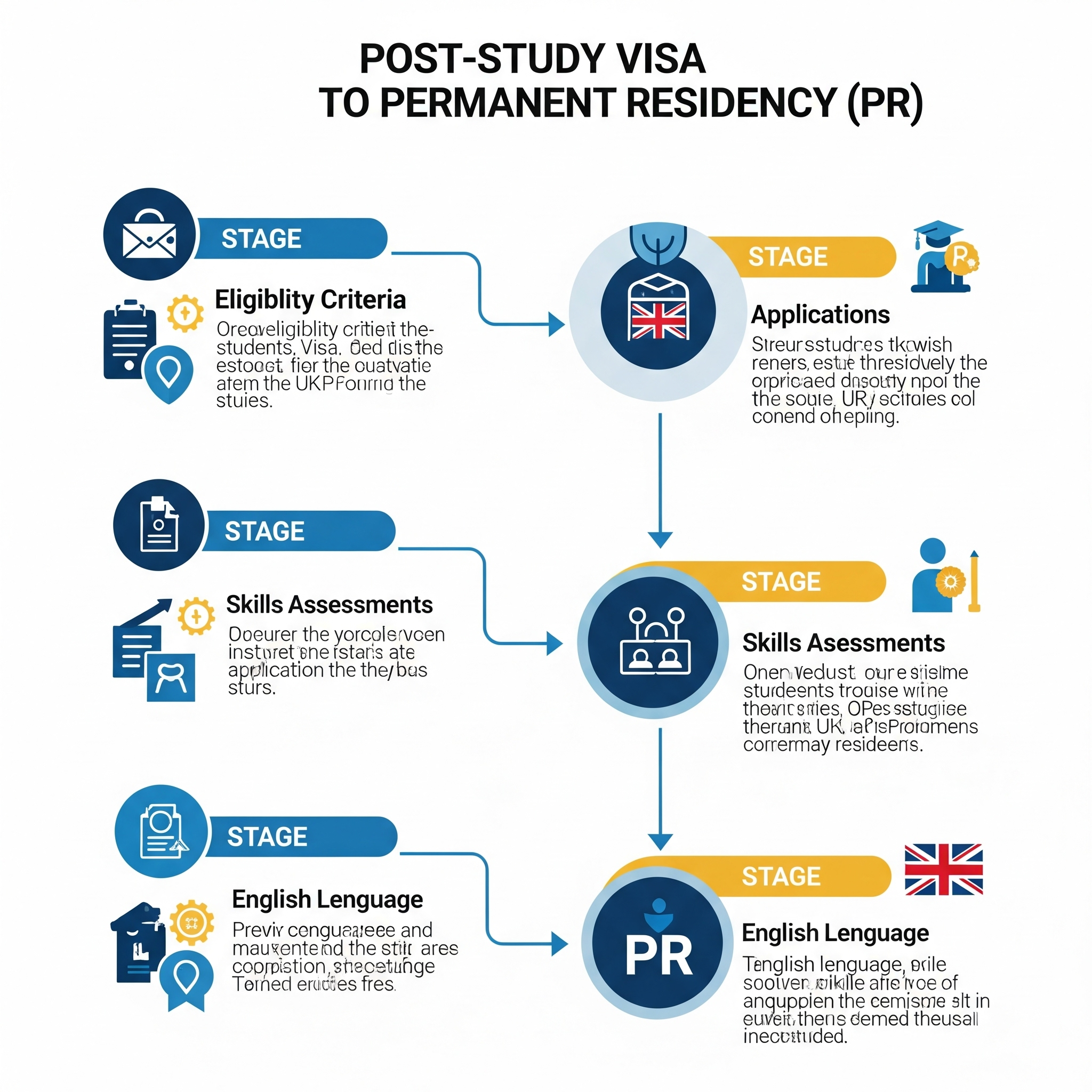Life in Canada Without a Car – Can You Really Manage?
🚶♂️ Life in Canada Without a Car – Can You Really Manage?
Moving to Canada often comes with one big question:
“Do I need a car to survive here?”
If you're used to India's busy rickshaws, metros, and affordable cabs, Canada's wide-open spaces and sparse public transport might come as a shock.
So let’s break it down—can you actually live, study, or work in Canada without owning a car? The answer: It depends where you are.
Here’s a realistic look at what to expect, how to manage, and whether skipping car ownership is practical.
🚗 First, Why Not Owning a Car Might Be Better
✅ Pros of Living Without a Car:
- No fuel, insurance, or parking costs (can save CAD $500–$800/month)
- No stress about winter driving or vehicle maintenance
- Good for the environment
- Cities with great public transit (like Toronto, Vancouver, and Montreal) are walkable and commuter-friendly
- Many students and immigrants start without a car and do just fine
🏙️ Best Canadian Cities for Car-Free Life
These cities have strong public transport systems that make car-free living easier:
1. Toronto
- TTC: Subways, streetcars, and buses
- Real-time apps and monthly passes
- Most campuses, jobs, groceries are transit-accessible
🟢 Great for students and newcomers—but rent is expensive near transit zones.
2. Vancouver
- TransLink: Buses, SkyTrain, and SeaBus
- Compass Card makes traveling easy
- Well-planned bike lanes and pedestrian zones
🟢 Ideal for eco-conscious, urban dwellers.
3. Montreal
- STM: Metro and buses in both French and English
- Student discounts on passes
- Walkable downtown and affordable car-share services
🟢 Great mix of affordability and accessibility.
4. Ottawa
- OC Transpo: Buses and light rail (LRT)
- Connects campuses, suburbs, and downtown
- Winter travel is manageable without a car
🚶 Cities Where It’s Harder Without a Car
These places are beautiful and affordable, but public transport may be limited:
City Reality Without a Car
Calgary Good in downtown, but suburbs are car-dependent
Edmonton LRT limited to central areas
Winnipeg Buses only; gaps in service at night/weekends
Saskatoon Public transport is minimal outside core areas
Suburban towns (e.g., Brampton, Surrey) Long commutes unless near GO or bus lines
🛑 If you plan to work odd hours or live far from downtown, a car becomes essential.
🚌 How to Manage Without a Car in Canada
1. Use Public Transit Apps
- Transit App, Google Maps, and local apps show live timings
- Most systems offer student discounts or monthly passes
- Look for Presto Card (Ontario) or Compass Card (BC)
2. Use Car-Sharing or Ride Services
- Car share: Zipcar, Communauto, Evo (Vancouver)
- Taxis & Rideshare: Uber, Lyft (available in major cities)
- Bike rentals/scooters: Lime, Bird, Bixi (seasonal)
📌 Great for short errands or weekly shopping trips.
3. Live Close to Work or Campus
- Choose housing with walkable access to school or job
- Look for places with nearby grocery stores, pharmacies, laundromats
- Proximity reduces transport stress and daily costs
4. Plan for Winter Travel
- Dress for the weather: layered clothes, waterproof boots, gloves
- Snow and icy sidewalks can slow you down
- Bus and train services usually operate in winter, but delays happen
🏠 What If You Eventually Need a Car?
When you're settled, employed, and can afford it:
- Look into buying a used car (CAD $5,000–$10,000)
- Understand insurance (can be costly for new immigrants)
- Learn the G1 → G2 → Full G License process in Ontario
- In provinces like Alberta, license exchange from India may be faster
💸 Cost Comparison: Car vs No Car in Canada
Expense Car Owner Car-Free
Monthly transport $600–$800 $100–$150
Parking $100+ $0
Insurance $200–$300 $0
Fuel $100+ $0
Maintenance $500–$1,000/year $0
🔍 Going car-free can save you $6,000–$10,000 per year.
🎯 Final Verdict: Can You Live in Canada Without a Car?
✅ YES, IF:
- You live in a big city like Toronto, Vancouver, or Montreal
- You choose accommodation wisely
- You don’t mind walking, biking, or using public transport
- You’re a student or working remotely
❌ NOT IDEAL IF:
- You live in suburbs or smaller cities
- Your job has early/late shifts or long commutes
- You plan to start a family or need frequent long-distance travel
🌍 From AbroadSaathi.com
- 📥 Free PDF: “Student Life in Canada Without a Car – City-by-City Guide”
- 🚗 Blog: “How to Get a Canadian Driver’s License – Step-by-Step”
- 🛒 Bonus: “Best Grocery & Delivery Apps for Car-Free Life in Canada”
Connect With the Indian Community living Abroad.
Comments
Latest Articles

Indian Cooking in Shared German Kitchens – Etiquette & Smell Hacks

Provincial Nominee Programs (PNPs) Explained for Indian Graduates

How to Handle Loneliness in UK Winters – Mental Health Tips for Indians

Indians in Germany: Should You Learn Hochdeutsch or Local Dialects?
